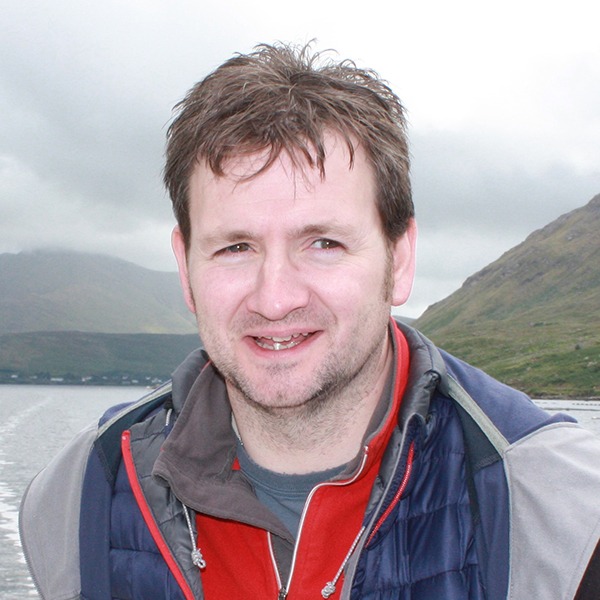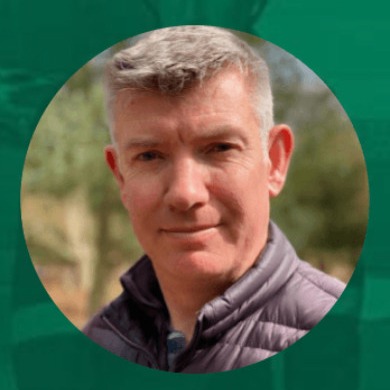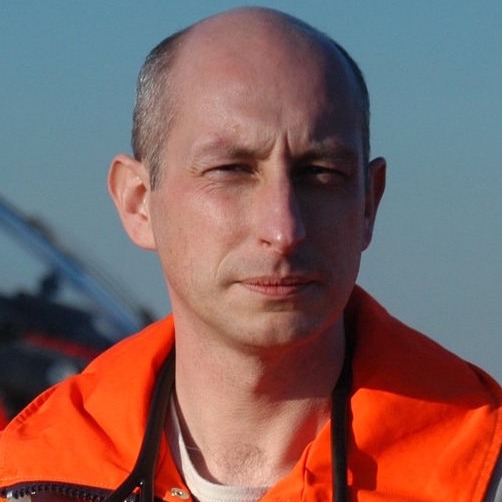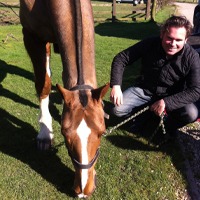Incident Management at Equestrian Competitions & Performing under Pressure
Species
Equine
Contact Hours
3 Hours
Early Booking Deadline
Thu, 01 January, 1970
Registration Deadline
Thu, 01 January, 1970
Language
English
Discipline
Anaesthesia & Pain Management
Emergency & Critical Care
Internal Medicine – Endocrinology, Haematology, Infectious Diseases, Parasitology & Oncology
Orthopaedics
Sports Medicine
Surgery
Industry Partners
Global

Veterinary Partners
Global


Recorded on: 29th March 2023
Panelists:
Jim Green - British Animal Rescue and Trauma Care Association, UK
Stephen Hearns MB, ChB, FRCEM, FRCS, FRCP, FRGS, DIMC, DRTM - Core Cognition, UK
Patrick Macandrew BVM&S, CertEP, MRCVS - Pool House Equine Clinic, UK
Moderator:
Patrick Pollock BVMS, PhD, CertES (Soft Tissue), DECVS, FHEA, FRCVS - University of Glasgow, UK
CONTENT DESCRIPTION
Veterinary surgeons are frequently called upon to work in challenging, high stakes environments as part of a “flash team” of first responders, including members of the emergency services, equestrian ground staff and members of the public. Traditionally, the profession has focused on training for diagnosis and treatment of our equine patients during these incidents and little thought or preparation has gone into overall management of the incident or techniques to manage the pressure and optimise performance in the team in these high-stakes environments.
Our colleagues in the emergency services now recognise that preparation for performance is key. Simulation, drilling, preparation of cognitive aids and equipment, and metacognition (thinking about thinking) are all key components of an organised optimal response. In addition, an understanding of how our colleagues in the medical and other emergency professions can allow for collaborative working which optimises human and animal casualty outcomes, and personal and public safety.
This discussion brings together a group of peak performers from the veterinary, medical and emergency services and will give the audience an opportunity to think about how we prepare for, and optimise our performance during incidents at equestrian events.
Whether you are an experienced racecourse or eventing vet, or a practitioner attending to horses as part of your regular role, this panel will have something for you, and is not to be missed.
Using examples from real life incidents the multidisciplinary panel of world-renowned experts will bring a focus to optimise your team's performance by discussing:
- The pressures affecting vets at equestrian incidents. How do we prepare to recognise and own the pressure?
- What does pressure do to us and how can we mitigate its effects?
- Incident management – optimising patient outcomes and team safety
- Tools for success – how to use simulation and drills, develop cognitive aids and communicate effectively under pressure
- How to debrief following high-pressure situations
Patrick is Professor of Veterinary Surgery and Remote and Rural Medicine at the Universities of Glasgow and Edinburgh and the Director of the Glasgow Equine Hospital and Practice. Patrick has worked in general and specialist veterinary practice for 25 years and is a specialist in large animal surgery with an interest in trauma, wound healing and supporting vets and animal owners in resource limited settings across the globe. A Fellow of the Royal College of Veterinary Surgeons for meritorious contribution to clinical practice, Patrick is involved in projects with some of the world's 150 million working horses, donkeys and mules, including setting up training programs for vets and animal owners, and has developed networks for veterinary practitioners in remote rural and resource limited settings including telemedicine and in field support from the Scottish Highlands and Islands to The Gambia. Patrick is undertaking a master’s program in Disaster Medicine and Emergency Management and is collaborating with the Worldwide Veterinary Service to develop guidelines to support the animals of displaced people.
Working with the British Animal Rescue and Trauma Association (BARTA), The Scottish Fire and Rescue Service and the veterinary profession, Patrick introduced training for incidents involving animals, animal rescue, and for supporting animals in disasters. In addition, he has worked to introduce training for first responders and vets in the high stake’s environments of equine competitive events.
Patrick is an international speaker and researcher and has introduced transformative training for veterinary undergraduates in resilience, performance, team dynamics and leadership.
Patrick is inspired by developing partnerships and collaboration between those working in all types of high stakes environments and improving the health and wellbeing of people and animals.
A keen runner, kayaker and piper, Patrick lives with his partner, and three children in west central Scotland
Jim comes from the New Forest in Southern England where he began his career as a forest manager, working in private and state managed forests including a season as a first attack forest firefighter in Victoria, Australia.
In 1996 Jim joined Hampshire Fire and Rescue Service as a firefighter where his rural background was instrumental in developing awareness of a range of rural issues, including response to animal rescues, agricultural fire safety and wildfire. But it was dedication to animal response that defined Jims career. For 12 years Jim led a local and national drive to improve knowledge and skills for this challenging operational incident type, orchestrating teams within Hampshire and training rescue Team Leaders and veterinarians throughout the UK and further afield.
Jim is internationally recognised and has been keynote speaker or coordinator of conferences in the UK, Turkey, USA, Australia and Europe. He is recipient of national awards for his work through the RSPCA, National Equine Forum and British Horse Society. He supported the vet services team at the 2012 Olympics and lectures at veterinary universities throughout the UK.
In 2017 Jim took a sabbatical and worked at the University of California, School of Veterinary Medicine, helping promote joint understanding within veterinary and fire fighting communities in preparation for the needs of animals during rescues or disasters.
Jim co-founded BARTA in 2012 and together with Josh Slater, promoted the growing initiative alongside their regular careers.In 2019 BARTA became a subsidiary of the Horse Trust and this partnership enabled Jim to continue the journey as full time Director of BARTA.
Jim continues to respond operationally to animal incidents through his on call role as an Animal Rescue Specialist with Hampshire Fire and Rescue Service.
Stephen is a Consultant in Emergency Medicine and is the lead consultant for Scotland’s Emergency Medical Retrieval Service. This aeromedical retrieval service delivers pre-hospital critical care for major trauma patients, rural hospital secondary retrievals and major incident responses. Inspired by experience gained working on London’s air ambulance and in Queensland Australia, Stephen led the establishment of this team from a small voluntary service in 2004 to what is now a fully government funded aeromedical retrieval organisation with an international reputation.
Patrick Macandrew graduated from the Dick Vet in his native city of Edinburgh in 2000. After working in mixed practice in both the UK and Australia, Patrick joined Pool House Equine Clinic in 2003. He was awarded the RCVS Certificate in Equine practice in 2008 and became an associate partner in 2011 and a partner in 2015. As well as all of the routine calls Patrick is particularly interested in Thoroughbred Racing.
As well as regularly attending Uttoxeter and Wolverhampton Races he is the Senior Veterinary Surgeon at both Aintree (home of the Grand National) and Haydock Park Racecourses. In addition Patrick also inspects the local riding schools on behalf of the local authority. Away from work Patrick owns a variety of animals including two dogs and two horses. He also enjoys rugby, skiing and cricket.
Veterinary Student
Online Panel Discussion
USD 35.00
Qualified Vet
Online Panel Discussion
USD 85.00
Intern/Resident (Requires proof of status)
Online Panel Discussion
USD 65.00
Vet Nurse/Vet Tech (Requires proof of status)
Online Panel Discussion
USD 65.00
If the options you are looking for are unavailable, please contact us.
No tax will be added unless you are a UK taxpayer
Choose currency at checkout


















